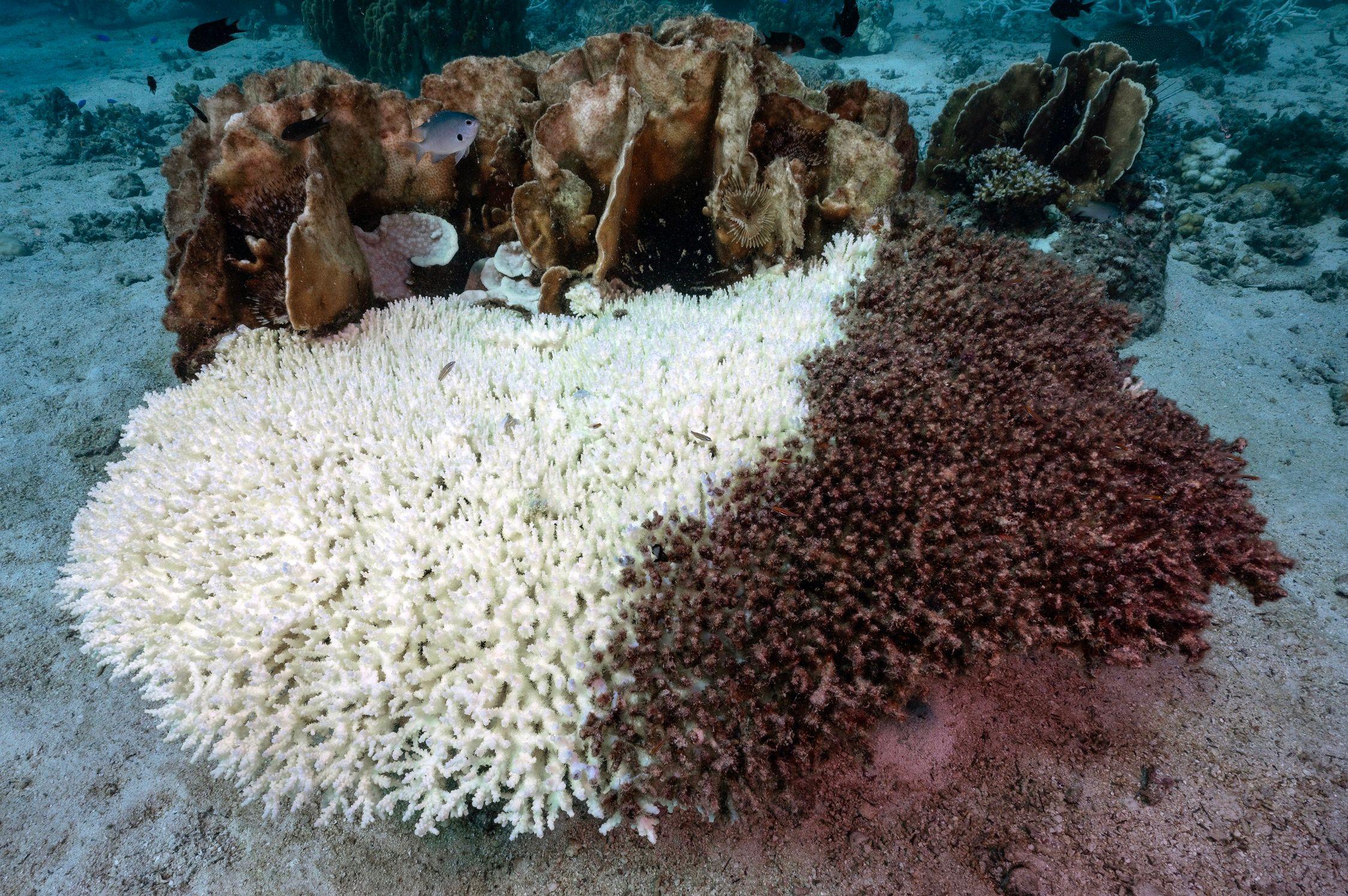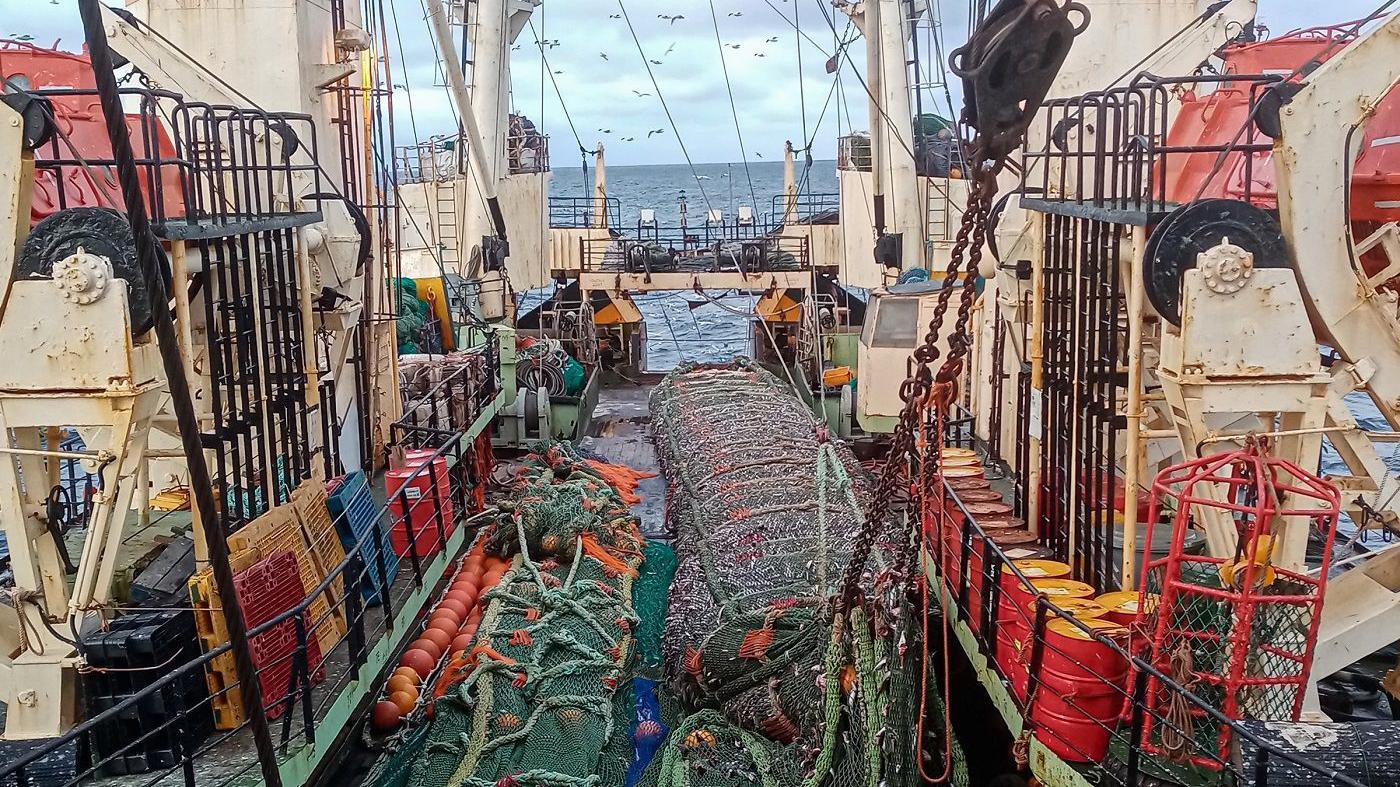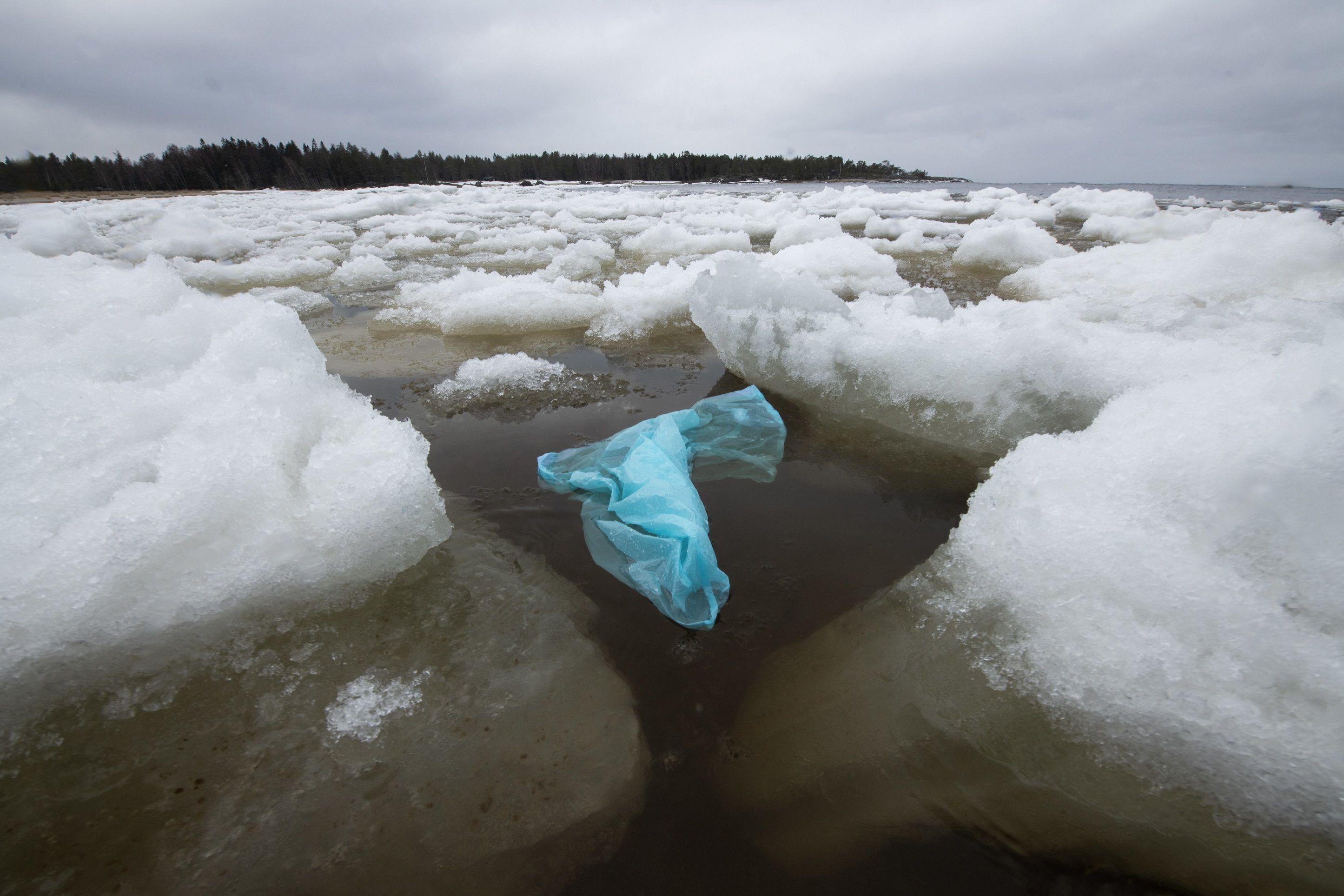‘Hope’ For Marine Life at the UN Conference on Oceans – BBC News in Serbian

The United Nations (UN) conference is considered successful as several countries have confirmed a key agreement on the protection of the marine world, and progress in the fight against pollution with plastic and illegal fishing in world seas.
At the conference in Nice, in France, representatives of almost 200 countries have gathered to discuss the most urgent problems faced by the oceans.
Sea ecosystems are exposed to multi-party dangers – from pollution with plastic to the consequences of climatic changes.
Sir David Atenbro said the « disgusted » damage caused by certain methods of fishing and expressed hope that representatives of government attending the event would understand « the importance of the ocean for all of us.
The main goal of the gathering was to confirm the Sea World Security Agreement at least 60 countries in order to enter into force.
The agreement, signed two years ago, should be protected by 30 percent of the ocean.
The document is up to 13. June confirmed 50 countries, and still dozen have promised to do so by the end of the year.
This and other shifts seem to be achieved in the fight against pollution with plastic and illegal fishing rebuilding trust in the ability of states to work together.
« The UN conference on the oceans provided us to have the problems faced by our oceans and to be solved, » Tony Long, the Chief Executive Director of the International Non-Profit Organization Global Fishing Watch.
« How we approach the moment the protection agreement on the Open Sea will take effect, governments must double efforts using transparency and new technologies to protect the oceans, » he added.
Before the conference in Nice, confidence in joint mechanisms for solving the world problems was low.
During 2024 years, key negotiations on the protection of biodiversity and combating pollution plastic and climate change have failed or completed without significant progress.
The aim of the conference was not adopting a new legally binding agreement, but concrete progress in implementing previously agreed obligations.
Three years ago, states committed to protect 30 percent of land and sea to preserve biodiversity.
It is difficult to achieve in terms of international waters, because it is not determined under whose control.
That is why in 2023 it was signed by an agreement on the protection of the Sea World in the Open Sea, which provides for 30 percent of international waters to protect the marine areas.
Before the conference, the agreement confirmed only 27 countries, while his application requires ratification of 60 states.
During only a few days, the number rose to 50, and another dozen states announced that the document would be confirmed by the end of the year.
The United Kingdom (UK) stated that he would launch the confirmation procedure before 2026. years.
This is a record confirmation of the UN Agreement, said Elizabeth Wilson, director for environmental policy in the NGO The Pew Trusts.
« We worked on many international agreements over the years, and the ratification procedure is often lasting five and even seven years.
« That’s why the agreement on the protection of the marine world’s open sea step until the entry into force, it really shows that there is a momentum in the direction of greater area of the open sea, » she said.
However, large powers like the United States (US) and China have not yet confirmed the agreement, although signatory, indicating that they plan to do so in the future.
And Russia, who never supported an agreement due to concerns that he could negatively influence her fisheries sector, said 13. June not to change the attitude.
American diplomats that have experience with UN agreements praise the progress made at the conference in Nice.
« From the displacement of the Open Sea Protection Agreement to the protected seaport in French Polynesia, the UN Conference once again showed that it is a real progress. » John Keri, a former US Secretary and Special Climate Envisory.
More countries have promised to declare national waters to protected seafields and limit the use of the most fishing methods.
The UK announced that it would seek a ban on roots (or dragging – fishing with a network (Koča), which one or more ships are dragged across the sea floor) in almost a third of the English protected seafields.
This prohibition has long requested environmental organizations, and recently also asked Ser David Atenbro, claiming that without concrete bans « protection » remains only a dead letter on paper.
Also, French Polynesia has launched the protection of the largest seaport in history, within which seabed fishing and mining will be prohibited to as much as 900,000 square kilometers, which is four times higher than the UK territory.
Thanks to this and other obligations agreed during the conference, 10 percent of the ocean is now under protection.
« This sends the message to the world that joint action is crucial, » said Astrid Puentes in Today show on the BBC Radio 4, the last day of the conference.
« We need this leadership.
« The ocean is a unique biome on our planet, everything is connected, so we have to strengthen international law, » she added.
But the realization of progress in limiting harmful fishing, such as skinning, is difficult to achieve without the participation of China that has the largest fishing fleet in the world.
However, during the conference, the Chinese government announced that he ratified an agreement on suppression of illegal and unregulated fishing.

Although French President Emanuel Macron opened a conference with a sharp warning on the dangers of mining in the deep sea, the position of countries on this issue remained divided.
Last week, 2,000 scientists sent appeal to governments that all research in the deep sea was suspended until additional scientific examinations were implemented, as only 0.001 percent of the seabed were mapped.
Despite this, only 37 countries accepted the Council and called for the introduction of moratorium to mining in the deep sea.
« More states need to invite a moratorium in Deboka Sea to establish a regulatory framework before any mining activity is allowed, » Pradip Sing, a lawyer protection and maritime law in the Ocean Azul Foundation.
US President Donald Tramp has rejected the idea of a joint approach in April when he announced that the US administration would begin to issue a permit for mining in Doboka Sea.
However, Sing believes that most countries, although directly calls no prohibition, is not supported by the American position.
At the final meeting of the conference, the countries adopted an action plan for the oceans, in which their obligations are contained.

Although plastic pollution is one of the most serious problems for the oceans, negotiations in December about reducing the volume of plastic production failed.
Today, it is estimated that there are almost 200 traversial waste parts in the oceans, and that this number, if it is not taken, can triple until 2040. years.
Both plastic and chemicals that contain a danger to sea animals, the Betani Karna Almrot pointed out, Professor Ecotoxicology at the University of Gothenburg, in Sweden.
« There are more than 16,000 chemicals in plastic, and we know that more than 4,000 have dangerous properties, so they can be carcinogenic, mutagenic or toxic to the reproductive system, » she explained.
At the conference, the Ministers of 97 countries signed a joint political statement inviting a more ambitious international agreement on the fight against pollution with plastic.
However, among the signatory is only one country of the ten largest oil manufacturers – Canada.
Since plastic is made of oil, many oil rich states believe that obligations to reduce plastic production would endanger their income.
The reduction of oil production is also crucial if states want to reduce greenhouse gas emissions and mitigate the most difficult consequences of climatic changes.
This most affects the oceans, because they are absorbed as much as 90 percent of additional heat caused by human activity, which causes all the more destructive sea thermal waves.
There were no new obligations in this conference in terms of reduction in emissions, but the poorer states have put pressure on richer to make previously promised funds to combat climate change as soon as possible.
« I share the frustration of many small island developing countries due to the absence of the reaction of international financial institutions, » said Feleta Teo, Prime Minister Tuvalu.
« We cannot change their policies, but we have to continue to put pressure, and such gatherings provide us with the opportunity to present our situation. »
See the announcement for the film « Ocean » David Atenboroa
The BBC in Serbian is from now on and on the morning, follow us Here.
Follow us on Facebook, Twitter, Instagram, Jutjubu and Vajiberu. If you have a topic suggestion for us please contact (Email Protected)








